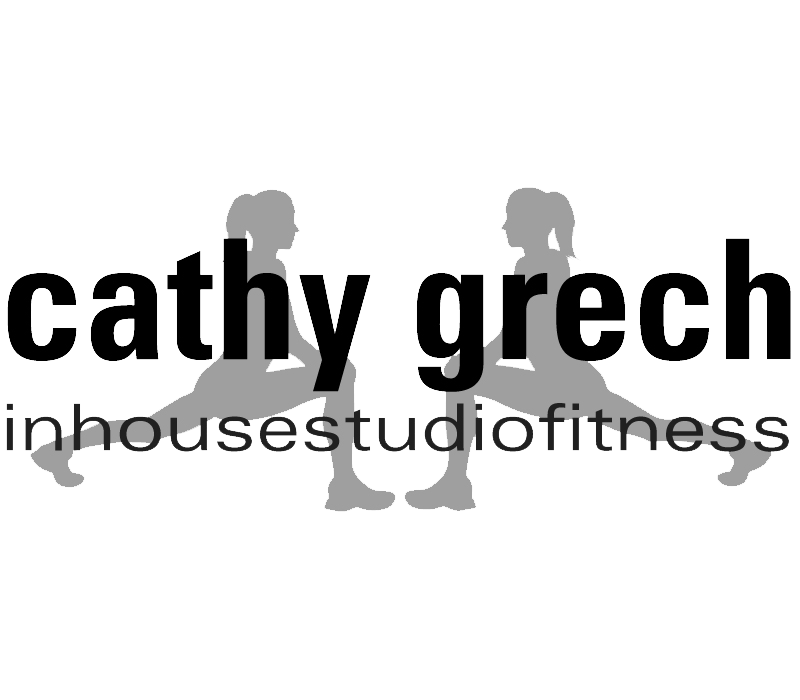Why am I always tired?
Let’s be honest, most of us have muttered the words “I’m just so tired” more times than we can count. Whether it’s dragging yourself out of bed, hitting the mid-afternoon slump, or collapsing on the couch after dinner and have a little snooze, constant tiredness feels like your normal state. But here’s the good news: it doesn’t have to be.
If you're feeling low on energy all the time, the answer might not be another coffee, it might actually be movement.
Why do we feel so tired all the time?
There are lots of reasons you might feel fatigued and it’s usually not just one thing. Some common culprits include:
Poor sleep habits: Inconsistent sleep, late-night screen time (a BIG culprit), or interrupted sleep can leave you feeling groggy even after 7–8 hours in bed.
Sedentary lifestyle: Sitting too long reduces blood flow and oxygen to the brain and muscles, making you feel sluggish.
Stress and mental overload: Chronic stress keeps your body in a low-level state of alert, burning through your mental and physical resources.
Poor nutrition: Skipping meals, eating too many processed foods or not getting enough protein can lead to crashes in blood sugar and energy.
Dehydration: Even mild dehydration can cause tiredness, brain fog, and irritability.
Hormonal shifts: Particularly after age 40, hormone changes (like perimenopause or reduced testosterone) can affect energy and motivation.
But one of the sneakiest causes of fatigue? Not moving your body enough.
The energy paradox: move more, feel less tired
It sounds backward, right? You’re tired so how can you possibly exercise?
But this is one of the biggest myths in health: that we need energy before we can move. The truth is, movement creates energy. You just need to get over that initial hump.
Physical activity increases circulation, boosts oxygen delivery, and stimulates the production of endorphins which are your natural “feel-good” chemicals. Even just 10–20 minutes of movement can dramatically shift your energy levels, clarity, and mood. Far more effective than chocolate and better for you!
How exercise gives you energy
Here’s what happens when you get moving:
Your heart rate increases – pumping oxygen-rich blood to your brain and muscles.
Your nervous system wakes up – helping you feel more alert and less foggy.
You release endorphins and dopamine – improving mood, focus, and motivation.
You breathe more deeply – clearing out stale air and increasing oxygen flow.
That’s why a walk around the block can do more for your energy than a double shot of espresso. And a walk is cheaper than a trip to the café!
It doesn’t matter what you do, as long as you get moving. Next time you hit a mid-afternoon slump, do 3-4 minutes of movement. Don’t worry about looking silly because this is going to help you feel more alert and energised so try giving the following a crack:
March or jog on the spot
Do some arm circles
Stretch your arms overhead and then bend to touch your toes
Walk around the house or office for a couple of minutes
Chances are, you’ll feel clearer and more energised by the end of it.
How movement helps you long-term
While quick bursts of movement help in the short term, consistent physical activity builds your energy reserves over time. There are so many benefits including:
Improved sleep
People who exercise regularly fall asleep faster and sleep more deeply. Better sleep = better energy the next day.Stronger muscles and better posture
When your muscles are weak, everyday tasks feel harder. Building strength makes everything feel easier from climbing stairs to carrying shopping.Better cardiovascular health
Improved circulation helps your body deliver oxygen and nutrients more efficiently, so you don’t fatigue as quickly.Stabilised blood sugar
Regular movement helps regulate your blood sugar and reduce those rollercoaster crashes that leave you craving sugar or napping at 3 p.m.Reduced stress and anxiety
Mental tiredness often weighs heavier than physical fatigue. Movement clears mental clutter, boosts your mood, and reduces stress levels.
But I’m too tired to start
If your current energy level is “barely functioning,” don’t worry, you’re not expected to leap into hour-long workouts. The key is to start small and be consistent
Start With:
Get up - 5–10 minutes of gentle movement daily.
Walking: Begin with a short walk — even just to the letterbox or around the backyard.
Stretching: Gentle morning stretches or yoga can wake up your body gradually.
Bodyweight exercises: Try a few squats, push-ups, or standing leg raises
Movement snacks: Break up long sitting periods with 1–2 minute movement bursts throughout the day. (listen to your smartwatch when it tells you its time to stand or move) 😊
Build Up To:
2–3 strength-based workouts per week
Daily walking (10–30 minutes)or or short bursts of intense cardio 5-10 mins
Activities you enjoy: Dancing in the kitchen, gardening, cycling, or swimming – whatever takes your fancy
And remember - energy begets more energy. The more you move, the easier it becomes. Momentum builds quickly, and before you know it, you’ll actually be looking forward to your sessions.
Start feeling amazing and get moving
If tiredness is your default setting, it might be time to try something different. Fitness is one of the most reliable, drug-free ways to increase energy, lift your mood, and help you feel like you again. It’s simply the best way to improve both your physical and mental health!
So next time you think, “I’m too tired to move,” flip the script and ask, “Can I move just a little to feel less tired?” That shift in mindset, from waiting for energy to creating it, might just change your life.
Chat to me if you want some help getting some more movement back into your day!
